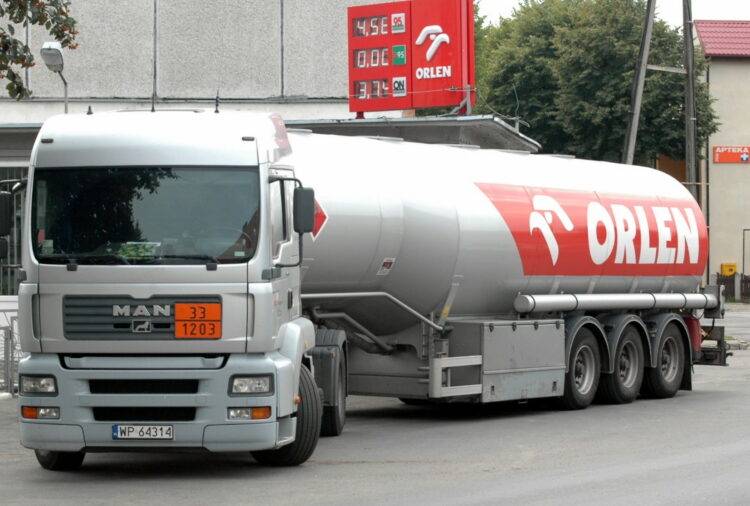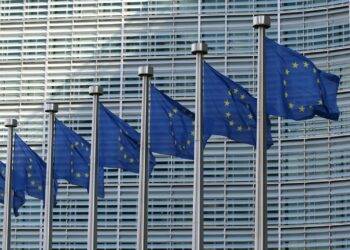The Polish national oil company, Orlen, is embroiled in controversy following reports that the company’s former CEO, Daniel Obajtek, ignored internal security warnings against collaborating with a Lebanese businessman suspected of ties with Hezbollah. The scandal, which has potentially cost Orlen 1.6 billion złoty, has drawn the attention of the highest levels of government, with Prime Minister Donald Tusk vowing to uncover the truth behind the allegations.
Media reports surfaced indicating that Orlen’s internal security services had long warned against appointing Samer A., a Lebanese national linked to Hezbollah and implicated in illegal oil trades with Iran, to head Orlen Trader Switzerland (OTS). Despite these warnings, Obajtek proceeded with the appointment, a decision that reportedly resulted in significant financial losses for Orlen. “Polacy muszą poznać prawdę. Nie ma na co czekać,” (The Poles must know the truth. There is no reason to wait), Tusk stated, expressing his intent to discuss the matter with General Prosecutor Adam Bodnar and security services coordinator Tomasz Siemoniak.
In response to the growing scandal, Daniel Obajtek defended his actions and accused the current administration of politicizing the issue. “W państwie koalicji 13 grudnia nic nie jest przypadkowe. Najpierw Onet publikuje wrzutkę z fragmentów materiałów ściśle tajnych, a potem straszy Pan prokuratorem i służbami,” (In the coalition government, nothing is coincidental. First, Onet publishes a snippet from strictly confidential materials, then you threaten with the prosecutor and the services), Obajtek responded via social media. He suggested that Tusk was targeting him to divert attention from other issues, such as high fuel prices under the current government. Obajtek also hinted at corruption within Tusk’s circle, urging the publication of reports related to consultancy fees paid to companies associated with Bartłomiej Sienkiewicz for advising Orlen and PGNiG.
As the investigation unfolds, the implications for Orlen and the broader political landscape in Poland are significant. The scandal has not only exposed potential corruption within one of Poland’s largest companies but also highlighted the intricate connections between business practices and national security. With Tusk’s administration pushing for transparency and accountability, the coming weeks are likely to see further developments as the government seeks to restore confidence in its management of state-owned enterprises and ensure such oversights do not recur.
This developing story continues to unfold, revealing layers of internal warnings, ignored advice, and political backlash that resonate across Poland’s corporate and political spheres. The outcome of the investigations and subsequent actions will likely influence public trust and the future operational strategies of Orlen, as well as potentially redefine political accountability in Poland.


















